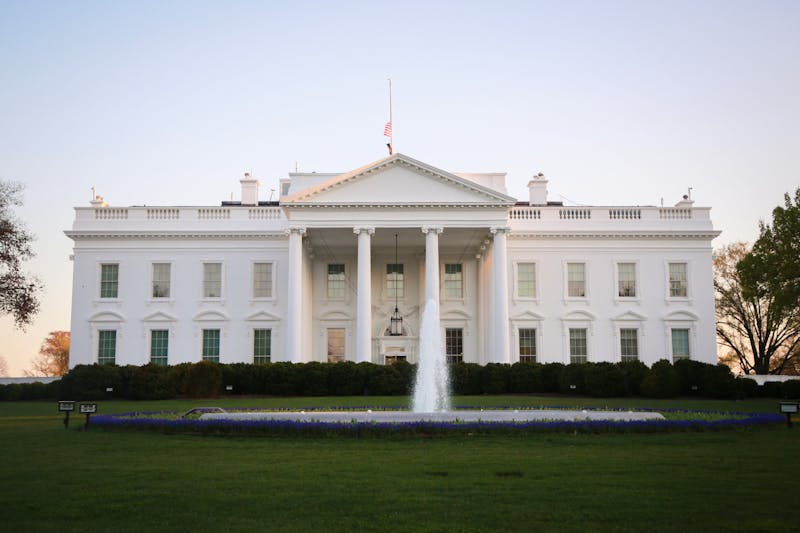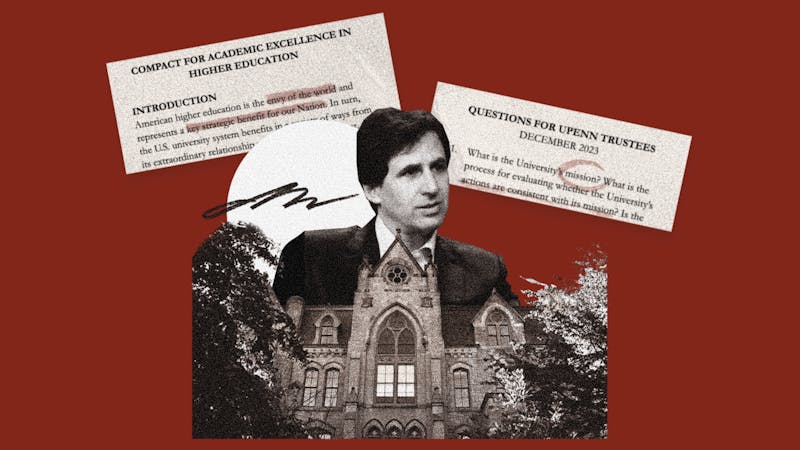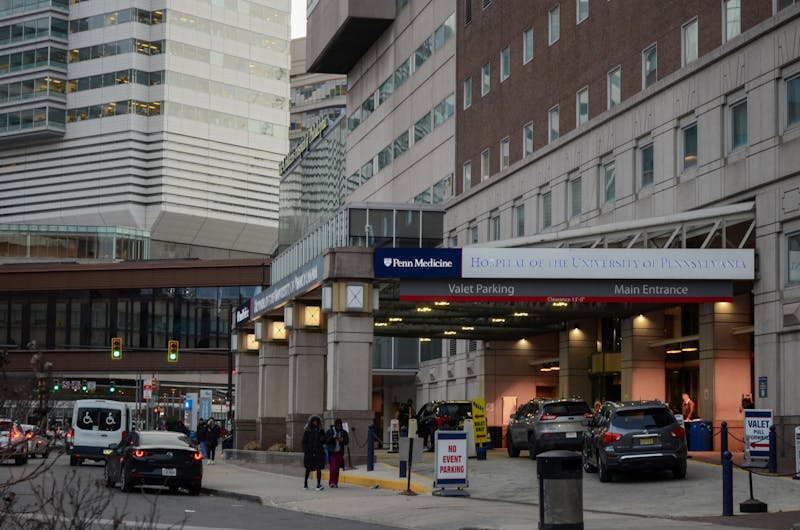
If I were David Dantzler-Wolfe, I wouldn't want to come back to Penn. This newspaper, through its recent coverage of Dantzler-Wolfe's disappearance, has created an environment where rumors and presumptive claims about his character and events leading up to his disappearance have been parceled out as news for the entire Penn community to digest as undeniable truth. Accordingly, this campus is no longer focused on finding a caring friend and colleague (as it should be) but rather on his criminal capabilities and whether the police are actively trying to arrest him for what he did before his disappearance. A widespread feeling of veneration toward Dantzler-Wolfe has given way to one of suspicion in a very short period of time, despite the lack of information derived from public safety officials and, frankly, hard facts included in the news coverage that brought about this swift change in sentiment. The once pristine reputation of Dantzler-Wolfe has been irreversibly tarnished, with his close friends and family looking on completely horrified. Not horrified at the prospect of learning unflattering particulars about their friend's actions before his disappearance, but rather appalled that this newspaper (the only Penn newspaper) could print such reputation-destroying stories, on, at best, secondhand information obtained from a nameless source in a city department not intimately involved in the investigation of Dantzler-Wolfe -- the Philadelphia Police Department. In contrast, the University of Pennsylvanian Police Department officials have largely remained quiet on the matter. Drew Armstrong maintained earlier this week that the UPPD has taken that posture in an attempt to spin the Dantzler-Wolfe story so that campus opinion of him remains high and "the eyes and ears of thousands of students" remain sympathetic to the cause of finding him. Armstrong is correct when he asserts that the UPPD has had no sinister motive in withholding information, but his belief that officials have tried to spin the story to achieve a defined goal is completely erroneous. By remaining "tight-lipped," the UPPD has simply been carrying out its duty as a law enforcement body with powers of investigation and arrest in operating with discretion and ensuring the confidentiality of those individuals being investigated for crimes. This is done largely out of a desire to avoid tarnishing and protect the reputations of those who have not been charged with any crime and are simply being investigated or questioned. The policy functions to forestall the formation of an environment of fear and criticism swirling about potential suspects -- not unlike that which faces Dantzler-Wolfe now. Non-law enforcement bodies at Penn which handle student behavior issues, such as the Office of Student Conduct, uphold that same duty to those they investigate. In both cases, those who have the unfortunate experience of being involved in an investigation appreciate the anonymity this policy provides. It cannot be denied that many of us, when placed in a similar position to that of Dantzler-Wolfe, embroiled in a police investigation, would value that same discretion. Yet, some among us still marvel at (and write news stories about) the silence of police officials, insinuating that their lack of cooperation in giving out confidential information somehow implicates them in a cover-up or is the cause of the unsettling environment of suspicion of Dantzler-Wolfe's character that pervades Penn at present. The staff editorial on Wednesday went so far as to condemn police official Pat Brennan for not expounding further on her purposefully ambiguous comments that Dantzler-Wolfe poses no threat to the Penn community, and blamed her for students jumping to negative conclusions about Dantzler-Wolfe's past and character as a result. Police officials should not be held responsible for their purposefully vague comments that appear in newspaper articles largely devoid of fact and replete with conjecture and unreliable information. After all, they provided no information for the articles more than an assurance that Dantzler-Wolfe poses no threat to the Penn community -- an assertion that, as defenders of our safety, fulfilled their duty to us, the rest of the Penn population. The responsibility for the emergence of the present atmosphere of unease and distrust surrounding Dantzler-Wolfe, a student genuinely admired by friends and acquaintances, should be attributed to nothing but this newspaper for its publication of a damaging news story based, at best, upon hearsay and conjecture, and, at worst, upon complete misinformation derived from a largely detached source. The possibility exists that Dantzler-Wolfe did something completely abhorrent to precipitate the investigation, and in that case, widespread unease over his criminal capabilities would be very legitimate. But then again, it could turn out that the seriousness of his actions would be far dwarfed by the acts we have allowed our wandering imaginations to attribute to him. The tragedy is that whichever proves to be true of the present situation, it won't affect Dantzler-Wolfe's reputation; it has already been permanently tainted by sensational journalism. Conor Daly is a senior Political Science major from Boxford, Mass.
The Daily Pennsylvanian is an independent, student-run newspaper. Please consider making a donation to support the coverage that shapes the University. Your generosity ensures a future of strong journalism at Penn.
DonatePlease note All comments are eligible for publication in The Daily Pennsylvanian.







